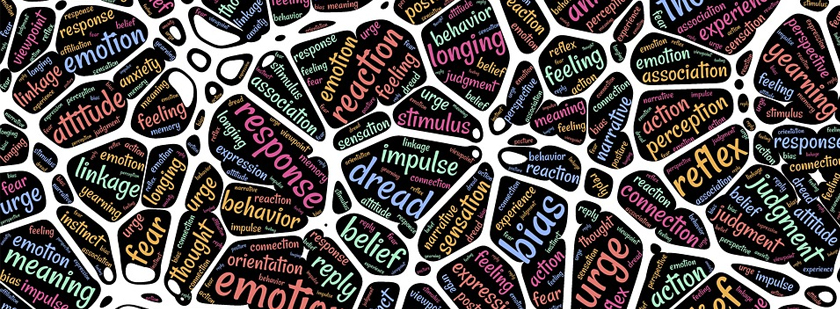
Dialectical behavior therapy ( DBT)
Dialectical behavior therapy ( DBT) belongs to a group of cognitive behavioral therapies. This therapy uses a direct approach and methods of studying the skills required for a better quality of life. It is of relevance to people who have problems with impulse control, self-destructive behavior, mood swings, problems in interpersonal relationships, and eating disorders. This therapy helps clients recognize and change negative thinking patterns, and helps develop and adopt positive behaviors.
DBT teaches people how to better tolerate emotional stresses and crises, and how to make positive changes in behavior and achieve a greater degree of satisfaction and happiness in life.
Specificity of DBT therapy
The term "dialectical" comes from the idea that the therapy involves two concepts; acceptance of the current state and the possibility to change it.
The special feature of DBT is the ability of a therapist to accept the reality of one's emotional, painful experience while at the same time helping the person to change negative behaviors with his/her own efforts.
A person who agrees to DBT is obliged to keep his / her own diary, where he or she records his own emotions, impulses, behaviors (e.g. fear, anxiety, lying, self-mutilation, self-esteem, truancy, etc.) that is willing to change with the assistance of therapist in therapeutic process change, by learning and adopting new and healthier ways of living.
Key elements of DBT
Distress Tolerance – stress tolerance helps the peron to feel intensive emotions (for example anger) without impulsive reactions, self-injuring or using illigal substances.
Emotional Regulation – regulation of emotions helps the person to recognize and control intensity of emotions.
Mindfulness – mindfullness helps the person to get to know himself better and his environment.
Interpersonal effectiveness – functional interpersonal relations help a person in resolving internal conflicts and solving conflicts within their environment.
Phases of DBT therapy
Phase I: Suicide and self-mutilation treatment
Phase II: Learning and using of key elements of DBT skills; distress tolerance, emotional regulation, mindfulness and interpersonal effectiveness
Phase III: Focus is on boosting self-esteem and better connection to the environment.
Phase IV: Promoting better quality of living
